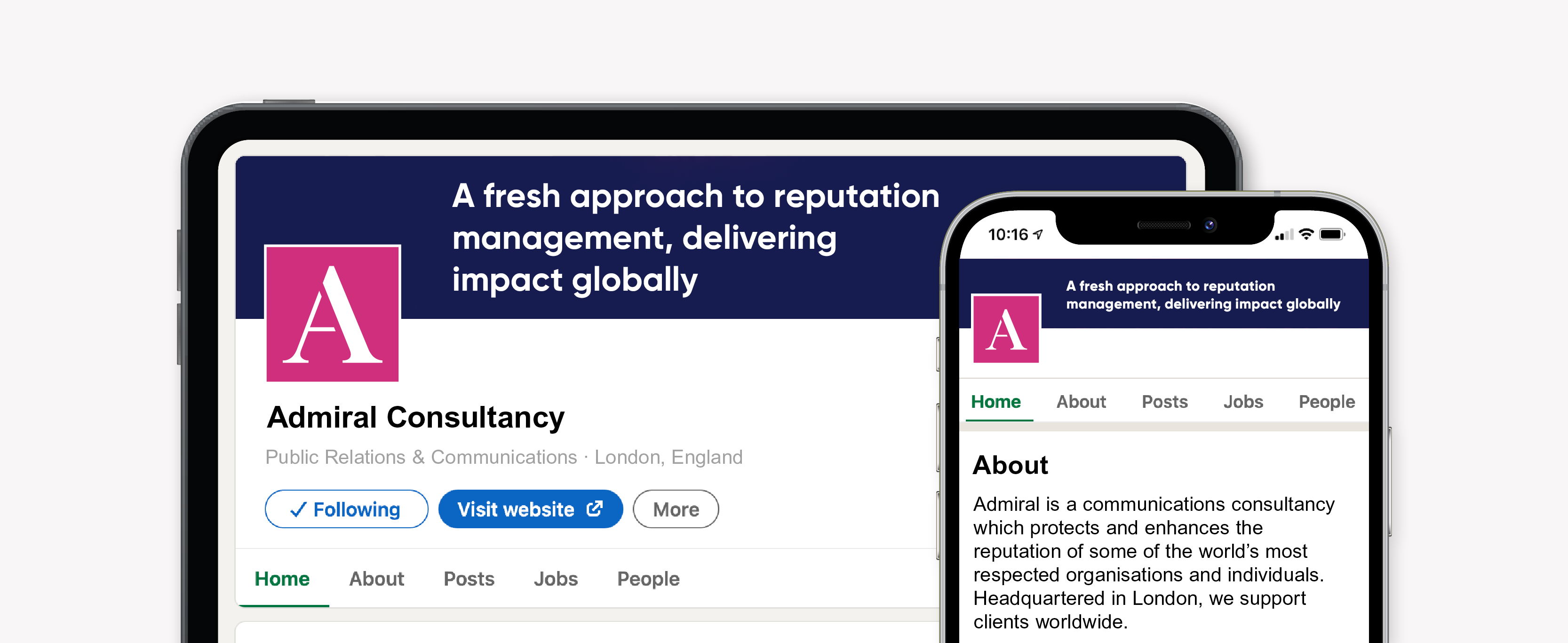
It’s time to stop neglecting the NHS brand through proactive PR and new approaches to public health communications, writes Georgie Cameron.
The 70th anniversary of the NHS has given it a rare opportunity for self-promotion in 2018.
Its PR staff may break from their relentless battle with enquiries to briefly celebrate the brand they represent in public.
Usually, however, proactive PR is all-too-elusive within the corridors of hospitals and trusts.
Recent headlines tell us why. Parent / doctor conflict over a tragically ill little boy, an exposé about patient data being shared with the Home Office and the fallout from the breast cancer screening scandal give a flavour of what NHS PR teams are up against.
In fact, at any given time, negative stories which put NHS teams on the defensive are likely to far outweigh positive ones.
This is no reflection on the invaluable services the NHS provides. It is merely an inevitability for an organisation which, in England alone, handles a million patients every 36 hours.
Of course public health marketing and PR is not all about crisis management and damage limitation.
When the UK’s talented public health communicators are given resources and time to get creative and make an impact, great things happen.
Look at the success of Britain’s big health awareness campaigns of recent years, for example.
A campaign so brilliantly simple, engaging and memorable as Act F.A.S.T clearly shows the talent we have in this country.
It has saved countless lives, by alerting them to the threat of stroke, and, between 2009 and 2013, prevented 4,500 people from being permanently disabled. Talk about impactful marketing.
Talent is clearly not the issue here.
Nor is it a lack of positive stories to share with the world. There are many amazing examples of research and pioneering treatments going on throughout the NHS.
Much of it is driven by the National Institute for Health Research (NIHR), widely considered as the research engine of the NHS – but also active in improving social care and public health.
The challenge with research-led PR in particular is fighting for airtime and column inches against the myriad of bad news which will invariably come out of such a vast, complex healthcare system as the NHS.
In PR terms, I see various problems in the NHS in my work with Admiral’s healthcare clients.
Firstly, there are structural issues.
NHS press offices and communications departments are simply not set up to foster proactive PR campaigns.
Internal PR staff, although often highly experienced and skilled, are dealing with a barrage of incoming requests. Getting out and building their employer’s brand – whether that of a hospital or trust – is usually low on their agenda, or non-existent.
Against the many other organisation-wide challenges facing the NHS, like funding, staffing issues and overcrowded A+E departments, getting PR right may seem trivial.
Yet professional communications has “never been more critical to the future of the NHS”, according to the recent FuturePRoof report.
The third annual report examining PR’s role in the NHS underlines the importance of NHS communications staff.
They “connect the complex web of organisations together through internal comms [and] understand and communicate often incredibly difficult messaging around healthcare developments and behavioural change,” it reports.
Campaigning by communications teams is particularly vital to the long-term future of the NHS. It has the power to arrest negative trends, plug clinical skills shortages, encourage earlier diagnosis of serious conditions and stem the spread of disease.
Although the NHS is highly regarded, more efforts to instil integrity and trust in its own brand are also required. This would lead to less resistance from the public in changing health-related behaviour.
Perhaps NHS trusts need to install a corporate-inspired PR function to enable such activities.
These could focus purely on proactive PR and wouldn’t necessarily require huge investment.
It’s no coincidence that the PR influence of major charities has surged in recent years as they have adopted a more corporate operational model.
More collaboration between NHS and central government PR teams might also be part of the solution.
The Government Communications Service published its annual plan in April, revealing a schedule of 143 campaigns for 2018/19 – 30 more than the previous year.
As it steps up its activity, partnership work with public sector bodies, including the NHS, is seemingly increasingly important.
PR Week reports that the ‘GCS Local’ team is working with NHS teams across the country to help making national campaigns more regionally relevant.
Meanwhile, it recently supported the launch of the Public Service Joint Communications Council, which brings together senior leaders from central and local government, health, emergency services and wider public services.
The eight priorities set out by the council for 2018/19 include public health and celebrations for 70th anniversary of the NHS. The list also features ‘winter preparedness’, another issue intrinsically linked to the NHS.
This is encouraging, but just the tip of the iceberg in terms of what is required in terms of proactive public health PR currently.
Georgie Cameron is managing director of Admiral Associates.
